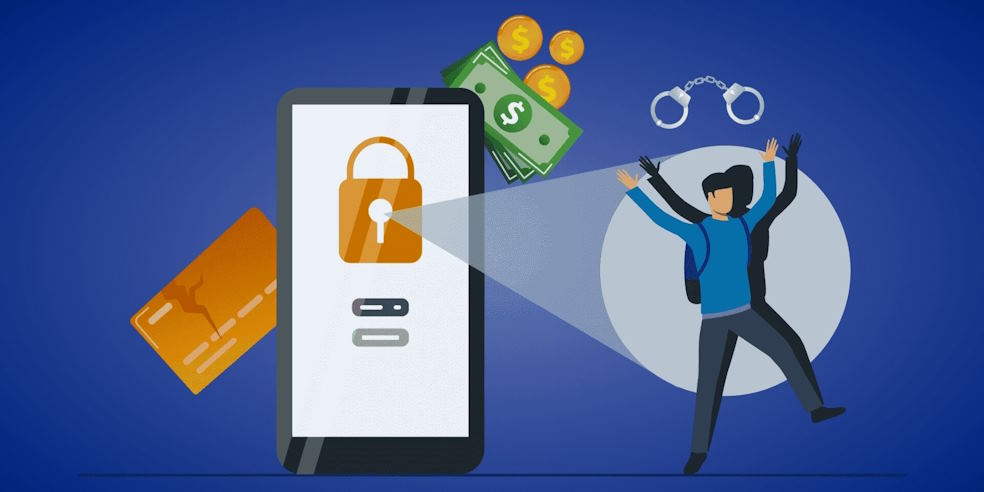The cryptocurrency landscape, while revolutionary, is not immune to the threats posed by scammers and fraudsters. In recent years, a disturbing trend has emerged: the use of fake support services to deceive and manipulate unsuspecting crypto users.
The Anatomy of Fake Support in Crypto Scams
Impersonation Tactics
Scammers often pose as legitimate support representatives from popular cryptocurrency exchanges or wallet providers. Through phishing emails, fake websites, or even direct messages on social media, they impersonate customer support to gain access to users’ sensitive information.
Social Engineering
Leveraging social engineering techniques, scammers may manipulate victims by exploiting their trust. They often pretend to be helpful support agents, assisting with account issues, transaction problems, or technical glitches. Unwary users may unwittingly provide access to their wallets or share private keys.
Fake Hotlines and Websites
Fraudsters go to great lengths to create convincing replicas of official cryptocurrency exchange websites or support hotlines. Users who search for customer support online may inadvertently land on these fake platforms, leading to dire consequences.

Consequences of Falling Victim to Fake Support in Crypto Scams
Financial Loss
Fake support scams often result in significant financial losses for victims. Whether through unauthorized access to wallets, fraudulent transactions, or misleading advice, users may find their hard-earned funds siphoned away by scammers.
Identity Theft
Providing personal information, such as private keys or login credentials, opens the door to identity theft. Scammers can use this data to compromise other accounts, leading to a cascade of security breaches.
Compromised Security
Victims of fake support scams may inadvertently compromise the security of their cryptocurrency holdings. Once scammers access private keys or wallet information, they can manipulate transactions and drain funds.
Protecting Against Fake Support Scams
Verify Authenticity: Always double-check the legitimacy of support services. Use official communication channels provided by the cryptocurrency exchange or wallet provider. Avoid clicking on links or responding to unsolicited messages.
Guard Personal Information: Never share sensitive information such as private keys, passwords, or recovery phrases with anyone claiming to be a support representative. Legitimate support channels will never request such information.
Enable Two-Factor Authentication: Adding an extra layer of security through two-factor authentication can thwart unauthorized access, even if scammers manage to obtain login credentials.



